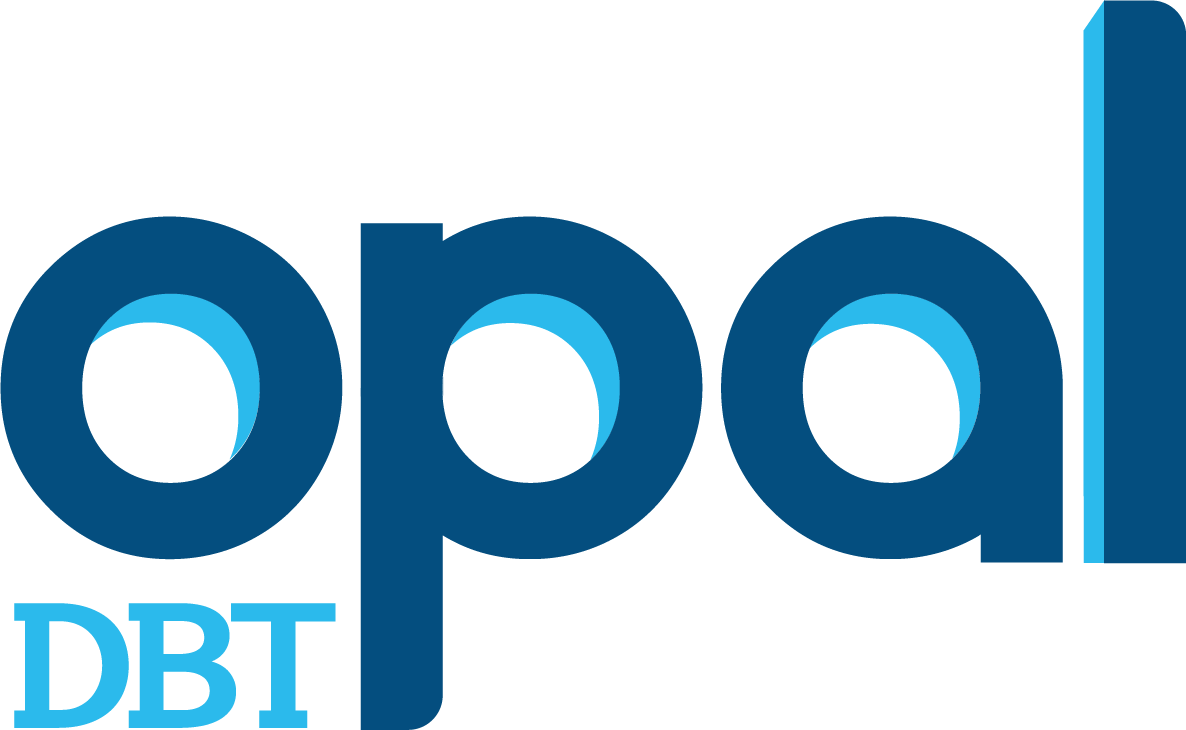
Frequently Asked Questions
It's normal to have questions and concerns when trying to find a new treatment approach or provider- so normal, in fact, that there are many questions we hear regularly! See below for answers to common questions that may arise after looking over our website.
-
We offer services to many age groups as OPAL DBT. To participate in Multi-Family DBT Skills Training Group, adolescents must at least 13 years old and in 8th grade. The Young Adult DBT Skills Training Group is for clients ages 17-24 who have completed high school or equivalent. If an applicant does not fit within these ranges, OPAL DBT clinicians may be able to provide DBT Skills Training outside of the group format. OPAL DBT offers individual therapy to a wide age range, however we do not currently offer treatment to children under 12.
-
Therapists who do not specialize in DBT may see how the skills could benefit their clients. These skills are helpful for most people! If you have been referred by your therapist to participate in DBT Skills Training, the recommendation is that you learn new strategies to manage emotions while continuing to do individual work with your therapist.
-
All clients applying for OPAL DBT Skills Training must be meeting with an individual therapist at least twice per month*. Prior to beginning DBT Skills Training, you will need to find an outside therapist of your choosing or complete the assessment and onboarding process to work with an OPAL DBT therapist. *Note: the parent of an adolescent in DBT Skills Training is not required to be in their own individual therapy.
-
DBT Skills Training focuses on one thing: helping participants learn new strategies! For that reason, our sessions include classroom-style didactics, homework assignment and review, and lots of opportunities for practice. Generally Skills Training sessions begin with a mindfulness activity followed by homework review of the most recent skill. The second portion is dedicated to learning and practicing a new skill.
Skills sessions do not focus on processing events in the lives of participants, although group members often feel supported and validated nonetheless. Personal information is shared by participants only in support of new skill acquisition and generalization, and facilitators help ensure a safe environment conducive to learning.
-
The DBT Skills Training curriculum is presented in 24-session commitment. Multi-Family Skills Training Group meets each week for 2 hours; current groups are held from 7-9pm. Young Adult Skills Training Group meets for 90 minutes weekly; current groups are held Tuesday from 12-1:30pm. For those who receive single-family or individual skills training, sessions are typically held once per week for 45 minutes; days/times are coordinated with your skills trainer.
-
To achieve balance in sessions and allow our adolescents to feel supported rather than outnumbered, we only allow one parent or caregiver to attend at a time. Our Multi-Family DBT Skills Training groups also benefit from cohesion and continuity across sessions. For that reason, one parent is chosen to be the primary skills participant for the 24-session commitment. Should a family choose to do two rounds of DBT, it could be beneficial for the family system if another parent or caregiver chose to participate in the next 24 sessions.
-
It is critical that our struggling adolescents learn new skills to manage their emotions and behaviors across environments. Parents can be an integral part of their children's success when they also learn and model DBT skills.
-
Learn the skills yourself! Research suggests that when parents/caregivers learn DBT skills, we are better equipped to manage high conflict situations, model more effective communication skills, and improve the overall quality of relationships. Our Dialectical Parenting Skills group is a 6-week program open to ANY parent - your child does NOT have to be in treatment at all.
-
OPAL DBT is a fee-for-service practice, with payment expected at the time of service. We do not accept commercial insurance, Medicare, or other forms of agency assistance (e.g., Victim’s Compensation Assistance). We will provide receipts that can be independently submitted by clients for reimbursement, if applicable. Fees vary depending on service(s) provided.
